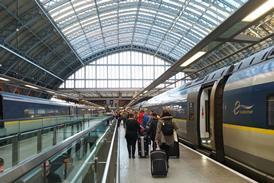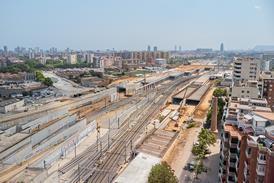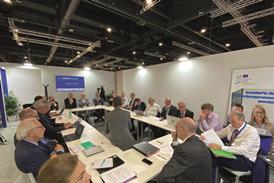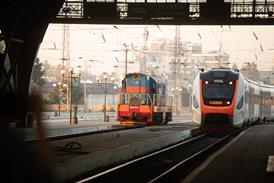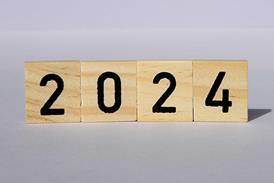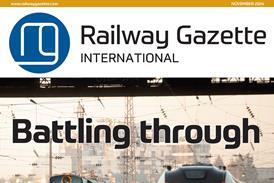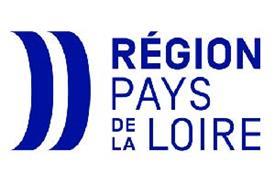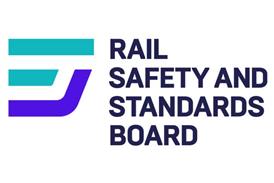EARLIER this year alarming reports surfaced about a McKinsey study that envisaged German Railway making huge cuts in passenger and freight services in an attempt to avoid massive financial losses in the next few years. At the time DB acknowledged that McKinsey had been asked to undertake studies, but was rather coy about their content. While there is no firm evidence that the scale of cuts suggested is likely to be implemented, it is clear that cost savings are high on DB’s agenda. During April DB Chairman Hartmut Mehdorn emphasised on several occasions that the national railway is now run as a private company and ’like any other responsible organisation must withdraw from loss-making activities and optimise its services for the benefit of customers’.
The summer timetable being introduced on June 10 sees a number of InterRegio services withdrawn, with train-km cut by 8·5 million. According to Mehdorn, InterRegio services lose DM300m a year, and DB is keen to see them replaced by local trains funded by the Länder - hence the new InterRegioExpress category. Were grants to be made available to run InterRegio trains, it seems likely that private operators would quickly step in, Connex being one company that has already expressed interest.
DB’s announcement in March that freight services were to be drastically pruned under its ’Mora C’ programme, with up to 1100 depots closing, proved to be too controversial. After a review, DB now admits that such heavy surgery will not be required, although over 700 depots remain under threat.
DB Netz Chairman Roland Heinisch suggested in April that the present size of the network was unsustainable. He denied that this meant line closures, preferring to say that uneconomic tracks would be taken out of use. There is little doubt that many km of track could be rationalised without service levels being affected. Provision of yards, sidings and extra tracks in Germany is lavish, to say the least. Savings are also expected from staff cuts announced by DB Regio on May 8, with up to 9200 jobs being shed in the next five to seven years. This is partly explained by DB losing concessioned local services to private operators.
Despite the renewed emphasis on cost-cutting, DB has consistently stated that it will continue with its investment programmes. It plans to spend DM30bn in the next three years on network upgrading that will see lifting of many of the 330 temporary speed restrictions in force earlier this year. As much as DM8·5bn has been earmarked for refurbishment or new trains for local and regional routes by 2005, with acquisitions including 666 EMU cars, 374 diesel-powered vehicles and 58 electric locos. Total investment to 2005 is expected to be DM79bn.

